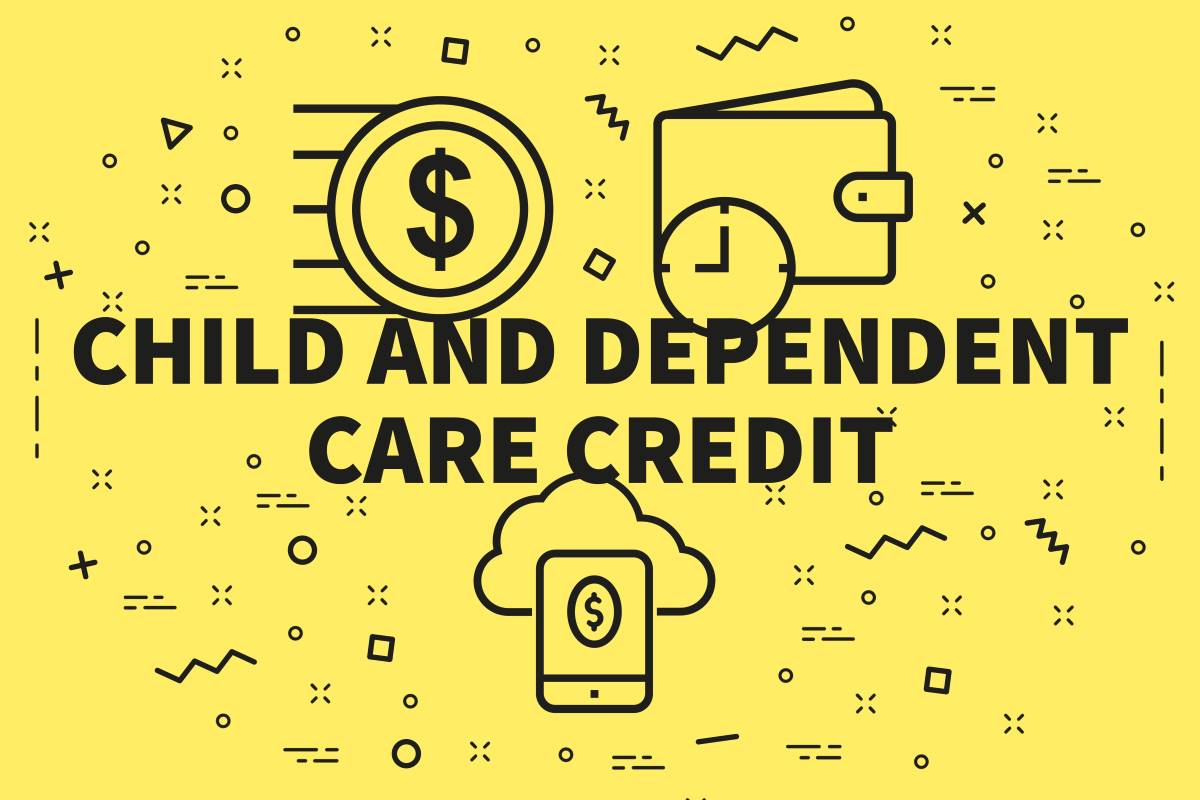When married couples are no longer together, the conversation about who gets to raise the child (or children) persists. An even bigger question is, who gets to contribute monthly payments to the child’s upbringing?
And that’s where child support comes in. It plays a crucial role in ensuring the well-being of children whose parents are no longer together. Understanding how child support works and the legal process behind it is vital for citizens and legal residents in the USA.
This article will delve into the intricacies of child support processes, shedding light on key aspects such as how it is calculated, the duration it lasts, and other essential information.

- What Is Child Support?
- What’s the Difference Between a Custodial and a Non-Custodial Parent?
- How Is Child Support Calculated?
- How To Apply for Child Support
- Documentation Needed
- What Happens Next?
- How Will You Receive Child Support Payments?
- What if the Non-custodial Parent Fails to Pay the Agreed Child Support Payment?
- Get Support for Your Child
What Is Child Support?
Child support refers to the financial assistance a non-custodial parent provides to help cover the expenses associated with raising a child. A court typically orders it as part of a divorce, separation, or paternity proceeding.
Its main aim is to ensure that both parents contribute to the well-being and upbringing of their child, even if they are no longer together.
What’s the Difference Between a Custodial and a Non-Custodial Parent?
The terms “custodial parent” and “non-custodial parent” are commonly used in family law and child support cases to describe the roles and responsibilities of parents during child custody. The custodial parent is the parent with whom the child primarily resides and who usually has physical custody of the child. This parent is responsible for the child’s day-to-day care, well-being, and upbringing. The custodial parent may also be referred to as the residential parent or the primary caregiver.
The non-custodial parent, also known as the non-residential parent, is the parent who usually does not have physical custody of the child. This parent typically has visitation rights or parenting time scheduled according to a custody agreement or court order. The non-custodial parent is usually required to pay child support to help financially support the child’s needs, as determined by the court.
It’s important to note that custody arrangements can vary, and there are cases where joint custody or shared parenting arrangements are in place. In these situations, both parents may share physical custody and have significant involvement in the child’s upbringing.
How Is Child Support Calculated?
Child support payments vary by jurisdiction, as each has guidelines and formulas. However, there are common factors considered when determining child support amounts. They include the following:
Income of Both Parents
The court will assess the gross income, including wages, salaries, bonuses, commissions, and other sources of income. This may also include self-employment income, rental income, or investment income.
Custody Arrangement
The time each parent spends with the child, often called the parenting time or visitation schedule, is considered. In some jurisdictions, a shared custody arrangement may lead to different calculations compared to sole custody situations
Number of Children
Generally, the more children there are, the higher the child support obligation will be.
Child’s Needs and Expenses
Additional expenses related to the child’s well-being, such as healthcare, education, childcare, and special needs, are considered. These costs may vary depending on the child’s age, health, and any specific requirements.
Standard Guidelines
Many jurisdictions employ standardized child support guidelines or formulas to calculate the basic child support obligation. These guidelines take into consideration the above factors and provide a framework for determining the amount.
Please note that deviations from standard guidelines are possible, especially if exceptional circumstances or unique factors warrant adjustments.
How To Apply for Child Support
To collect child support from the non-custodial parent, you need to find your state or tribal child support agency and file for child support from the non-custodial parent.
Contact the Office of Child Support Enforcement (OCSE) for more help if the non-custodial parent lives in another state or country. To apply for child support services online, visit this link and click ‘sign up for child support’.
Remember, federal and state governments do not pay child support. However, they provide other benefits and incentives people from low-income backgrounds can leverage to care for their children.
Documentation Needed
You will need to gather the following documents during the child support application process:
- Personal identification, such as birth certificate, social security number, passport, or driver’s license
- Proof of paternity, if necessary
- Income information, such as pay stubs, W-2 forms, tax returns, or any self-employment income
- Custody or divorce documents
- Child-related expenses
These are general examples. The specific documentation requirements can vary by jurisdiction and the circumstances of your case.
What Happens Next?
After filing a petition for child support with the relevant court or child support agency, the agency or court will deploy specific guidelines and formulas to calculate the appropriate amount of child support payments and obligations.
Both parents are typically required to provide accurate and up-to-date information regarding their income, assets, and expenses. This ensures an accurate assessment of each parent’s financial situation for determining child support.
Once the child support amount is determined, the court issues a formal court order that outlines the financial responsibilities of the non-custodial parent. Sometimes, parents may agree on child support through negotiation or mediation, which the court then approves.
Child support orders can be modified if circumstances change, such as a significant income change or alterations in the child’s needs. Either parent can request a modification, and the court will review the situation to determine if an adjustment is warranted.
The non-custodial parent is responsible for making regular child support payments to the custodial parent or the designated child support agency.
How Will You Receive Child Support Payments?
You will be able to receive child support payments through the following means:
- Direct transfer
- Wage garnishment, which means the payment will be deducted directly from the non-custodial parent’s paycheck
- Electronic payment
The non-custodial parent must follow the specific procedures and guidelines outlined by the court or child support agency involved in the case.
What if the Non-custodial Parent Fails to Pay the Agreed Child Support Payment?
If a non-custodial parent fails to pay the agreed child support payments, there are typically enforcement mechanisms to ensure compliance and safeguard the child’s financial well-being.
You can report to the child support agency, which may enforce wage garnishment – where the child support payment is directly deducted from their salary.
Similarly, other sources of income, such as unemployment benefits, tax refunds, or disability benefits, may be subject to income withholding, where the owed child support amount is automatically deducted and redirected to you or the child support agency.
In certain cases of persistent non-payment, the child support agency or court may place a lien on the non-custodial parent’s property, such as real estate or vehicles. This can potentially lead to the seizure or sale of the assets to satisfy the child support debt.
Get Support for Your Child
Child support is crucial to ensuring children’s financial well-being and upbringing when parents are no longer together. Understanding how child support works and the steps involved in obtaining and enforcing child support payments is vital for custodial parents seeking support and non-custodial parents fulfilling their obligations.
Both custodial and non-custodial parents need to fulfill their responsibilities and prioritize the best interests of their children. Remember, the specific guidelines and procedures for child support can vary by jurisdiction, so it is essential to consult local laws and seek legal advice for accurate and up-to-date information relevant to your situation.





